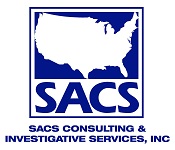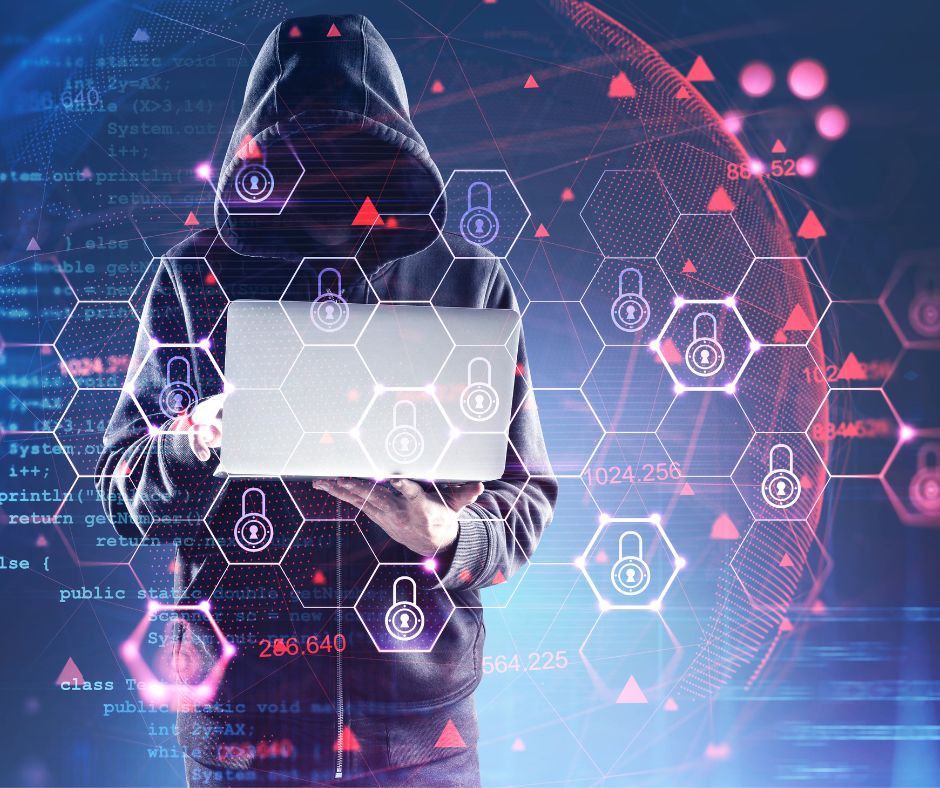While physical security is essential at meetings, events, and conventions, cybersecurity is equally as necessary, and it isn’t the responsibility of the hotel, IT, or AV company. The burden is on you and you alone.
Why?
Hackers are constantly looking for easy-to-crack networks where data is plentiful. These bad actors have one or more agenda items in mind, including:
- Stealing the identities of your attendees
- Carrying on corporate espionage
- Practicing for larger hacks
- Damaging the reputation of your organization or one of your speakers
- Holding your website hostage for ransomware
This post will explore how they move into your meeting and what you can do to keep them at bay.
How Hackers Hack
The easiest way for cybercriminals to get into your data is through the hotel or conference center’s Wi-Fi system. These routers generally have low encryption levels.
However, if this method is unsuccessful, they will set up hot spots with names that look very similar to the venue’s ISP. For example, if you are meeting at the Jacob K. Javits Convention Center in Manhattan, the venue might have a Wi-Fi name of JavitsCC. A criminal will set up a hot spot name of JavtsCC (without the i), and an unsuspecting person will log onto the wrong system.
Seven Prevention Measures
- Make it a prerequisite that anti-virus software is on all devices at the event.
All meeting participant devices should have current versions of the OS, apps, and anti-virus programs at registration. - Check to see if the venue has end-to-end encryption.
- No end-to-end encryption? Tie all event devices to a VPN.
A Virtual Private Network installed on all attendees, exhibitors, and event staff’s computers and smartphones will make it harder for cybercriminals to crack into your network because all activity is encrypted and invisible on the venue’s ISP. - Adhere to a strong password policy, get a facial recognition app, or focus on two-factor authentication.
- Use intelligent badges.
Like government employees, each badge will have a microchip that allows individuals into selected conference center areas. Everyone must adhere to this policy, so bad actors can’t get into restricted areas due to lax enforcement. - Lock up rooms when not in use.
When attendees go on break or leave a room for lunch, the conference security detail needs to lock the room, or if that is not possible, each attendee must take their devices with them. It only takes a few seconds to steal a laptop, and according to the FBI, cybercriminals can hack into a laptop in roughly 40 seconds. - Run a vulnerability test of the system thirty days before the event and put preventative measures in place before attendees arrive.
The FBI also has more common sense tips.
“Cybersecurity dangers is one of the fastest growing crimes in the world and the need to be diligent with prevention methods is a strong must and need!” states Tim Dimoff, President & CEO of SACS Consulting & Investigative Services.
We can help keep you safe from cyber hackers
SACS Consulting & Investigative Services offers HR consulting services, cybersecurity training, and physical security for your next event. If you have questions or want to ensure that your company knows how to handle potential cybersecurity threats and other safety topics, call us at (330)255-1101.

